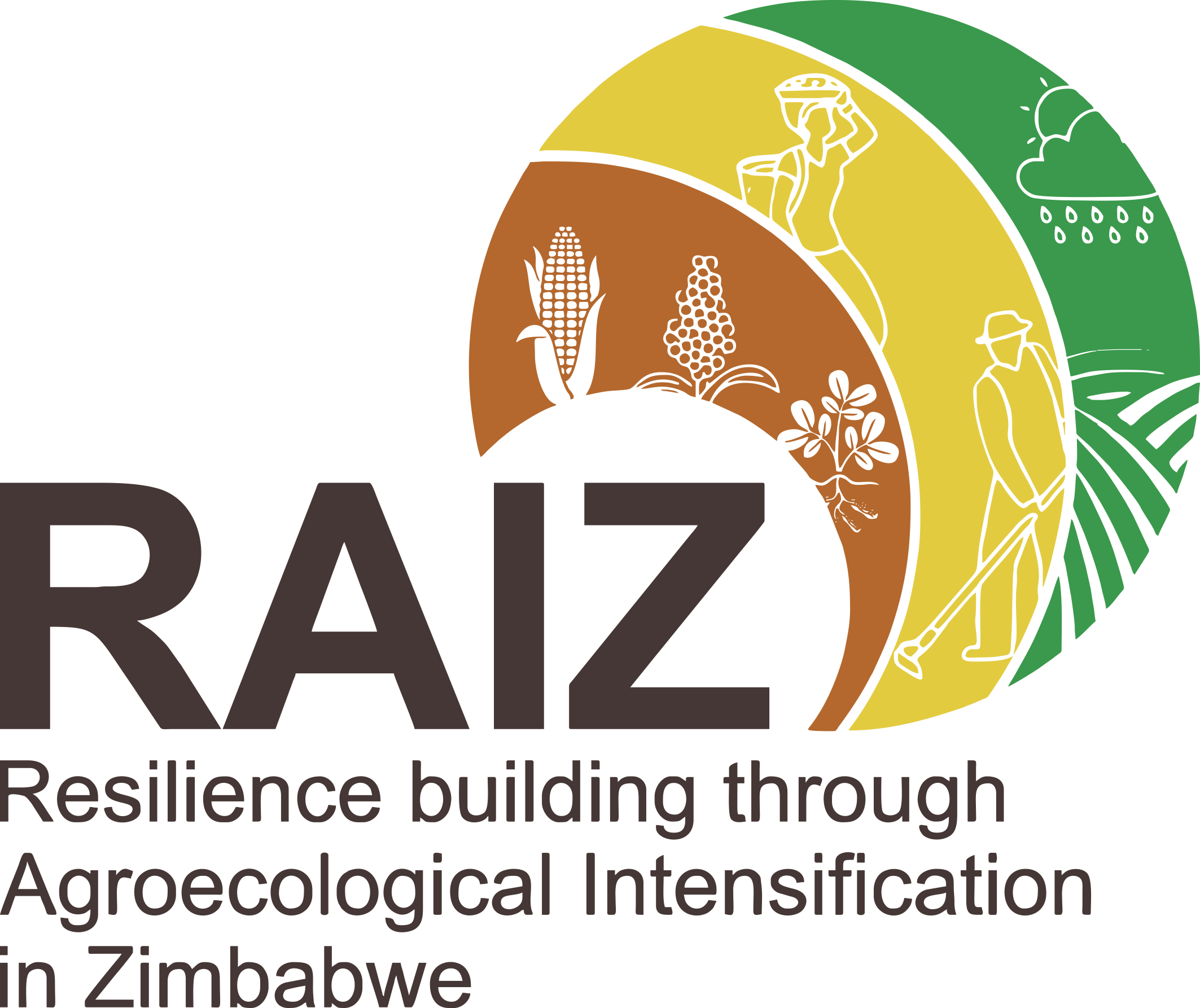The European Union-funded RAIZ project, implemented by CIRAD,CIMMYT, University of Zimbabwe and Agricultural Advisory Services Directorate is giving smallholder farmers access to demos and field days to improve their understanding of good agronomic practices.
In recent years, Zimbabwe has experienced erratic rainfall and severe heatwaves during summer periods, which is a key period for the growth of crops. These threats are now amplified by climate change.
As a result, this has led to low yields in various parts of the country, but the situation could improve through the combination of improved agronomy and seed varieties.
The EU funded project code named “Resilience Building through Agroecological Intensification in Zimbabwe (RAIZ) project,” aims to support climate-smart agriculture and livelihoods in three districts in Zimbabwe. These include Murehwa and Mutoko in Mashonaland East Province.
Farmer to farmer collaboration at field days
In the two districts, smallholder farmers are being introduced to agroecology interventions as part of the RAIZ project, designed to bring agroecological advances to smallholder famers in an effort to strengthen local food systems.
Smallholder farmers in the Murehwa and Mutoko districts were introduced to innovative agroecology interventions, premised on harnessing nature’s goods and services while minimizing adverse environmental impacts and improving farmer-consumer connectivity, knowledge co-creation, and inclusive relationships among food system actors.
RAIZ recently hosted a series of field days, uniting farmers, agricultural experts, and community members to explore the transformative power of agroecology. Under the theme “Bouncing Back Better,”. These events brought together over 300 farmers, agricultural experts, government departments private sector and community members to explore the power of agroecology in addressing the challenges of soil fertility, climate change, particularly low rainfall, which has long been a barrier to successful farming.
In response to challenges related to lack of agronomic knowledge, and eroding agrobiodiversity and, as a way to transition prevailing food systems to more sustainable ones, farmers were invited to take part in field days. The field days’ objective was to provide smallholder farmers a platform for learning about agroecological practices.
Demonstration plots in the districts across a climate gradient highlighted how methods such as organic manure application, fertilizer application, combination of organic and mineral fertilizer application, intercropping, strategic and good agronomic practices can increase crop yields and build climate resilience in semi-arid and arid regions of the country. Farmers observed the stark contrast between conventional farming plots, where crops struggled, and agroecological fields, where plants flourished despite adverse conditions.
Farmers Share Their Success Stories
Farmers who have embraced agroecology shared compelling success stories. These testimonials underscored agroecology’s potential to improve both the economic and environmental sustainability of farming.



The RAIZ project has planted the seeds for a more resilient agricultural future in these communities—one where, through strengthened collaboration and innovation, even the adverse impacts of climate risks can be reduced.
